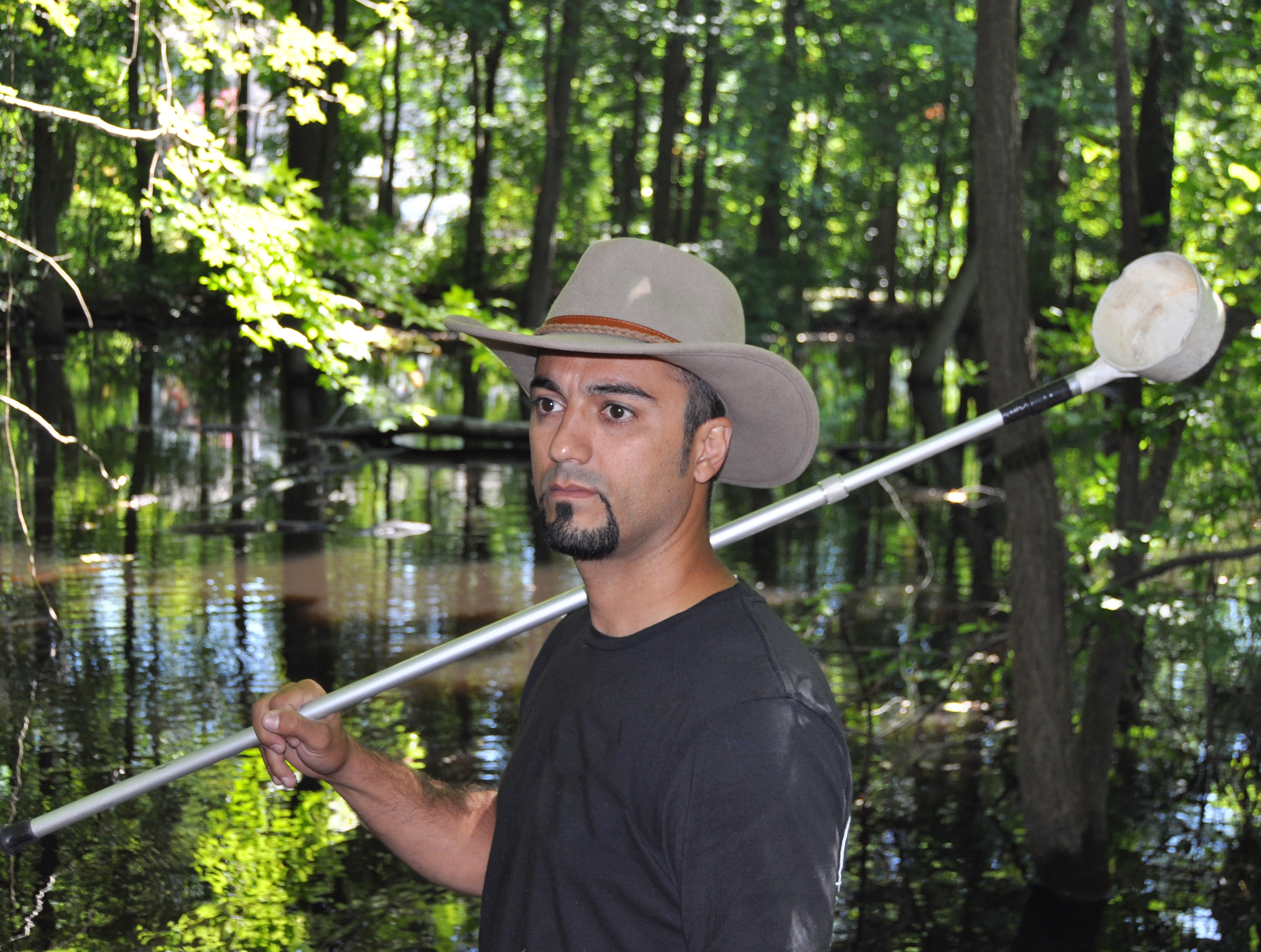Archive: Science Update: Virgin Galactic’s Space Flight System, April 8, 2021
Virgin Galactic is in the business of making astronauts with a mission to open up space to change the world for good. How do they do it? With a six seater, two stage, air-launched, rocket-powered spaceplane. Virgin Galactic's Space Flight System consists of a spaceship, SpaceShipTwo, and a carrier mothership, WhiteKnightTwo. Each of these expertly piloted vehicles have their own clever design features that minimize complexity and weight while maximizing safety and performance.
Virgin Galactic is in the business of making astronauts with a mission to open up space to change the world for good. How do they do it? With a six seater, two stage, air-launched, rocket-powered spaceplane. Virgin Galactic's Space Flight System consists of a spaceship, SpaceShipTwo, and a carrier mothership, WhiteKnightTwo. Each of these expertly piloted vehicles have their own clever design features that minimize complexity and weight while maximizing safety and performance.
Virgin Galactic is in the business of making astronauts with a mission to open up space to change the world for good. How do they do it? With a six seater, two stage, air-launched, rocket-powered spaceplane. Virgin Galactic's Space Flight System consists of a spaceship, SpaceShipTwo, and a carrier mothership, WhiteKnightTwo. Each of these expertly piloted vehicles have their own clever design features that minimize complexity and weight while maximizing safety and performance.
Virgin Galactic is in the business of making astronauts with a mission to open up space to change the world for good. How do they do it? With a six seater, two stage, air-launched, rocket-powered spaceplane. Virgin Galactic's Space Flight System consists of a spaceship, SpaceShipTwo, and a carrier mothership, WhiteKnightTwo. Each of these expertly piloted vehicles have their own clever design features that minimize complexity and weight while maximizing safety and performance.







